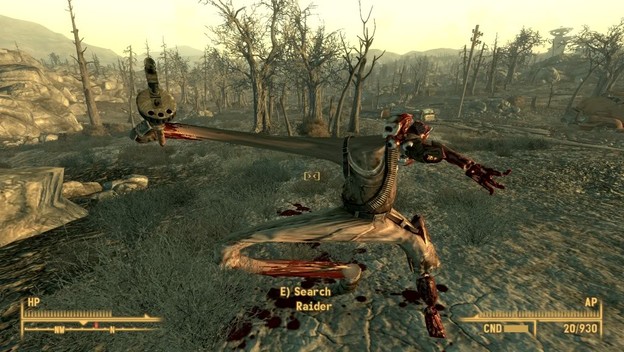Let me give you a little insight into the life of a video game reviewer. A new game is going to come out. Hooray! You have been put on the review beat, which means you have to go about finding a way to get the game before it comes out, so that your review will be ready on release day. There’s a lot of ways to go about this, but the standard way of handling it is contacting a PR official for the developer or publisher and saying “Hey! I’m a game reviewer and I want to review your game! Send me a copy!”
However, how promptly you get that copy is entirely up to the PR guys, developers, and publishers, and these time periods can vary immensely. When I reviewed Madden last year, for example, I had the game for about 4 days before it officially released. When I got my review copy of Persona 4 Arena Ultimax , I had it for a week. But when I reviewed games such as the Tales series, Dragon Age , Mass Effec t, and Final Fantasy , I had these games for about a month before the game came out.
This is understandable, right? For a game like God of War, you can binge play it in a couple days and come up with a decent review, but for a game like Dragon Age: Inquisition , you need hundreds of hours to explore all of the game’s content. On the surface, everything seems fine.
I have a theory, though. RPGs, no matter what they are, tend to be scored high. From Fallout to Skyrim to Dragon Age to Mass Effect , unless something is a huge travesty, like Lightning Returns , RPGs never seem to be looked at as rotten eggs. That’s not to say that these games don’t have flaws. Heck, Skyrim is one of the most unstable games I have ever played, and yet its game breaking bugs are barely mentioned in reviews, while Assassin’s Creed Unity ’s game breaking bugs made it anathema.
I wonder if this is because we have more time to play RPGs? We encounter the same bugs and flaws and problems as we do other games, but when game reviewers encountered the no face bug in Assassin’s Creed Unity , they had to write their review a day or so later. When reviewers encountered bugs that got them stuck in a wall in Skyrim , they likely had to write their review a month or so later. At that point, we have all had time to step back, think about the good and the bad, reflect on parts of the game that made up for its downfalls, and create an opinion of the game as a whole. However, I can tell you from experience that the thoughts going through my mind when Assassin’s Creed crashed were “Holy crap, I have to have this review done in a few hours and this game keeps crashing on me!”

Time inevitably soothes all wounds. If you’ve ever had a passionate emotional fight with one of your best friends, you know this all too well. You may be hurt in the moment, but later you’ll laugh it off and even remember the fight with humorous nostalgia. Think of games as our friends. If a game does something crappy to us and we have to write about our experiences with it within the next few days, we are going to be angry. However, if it does the same thing and we have time to forget about it, we may come to realize that it’s not all that bad.
This, by the way, is just more reason for the gaming industry to adopt “second look reviews” published about a month after a game’s release. The impressions of a game on day one are going to be very different from the impressions of a game on day thirty.
What do you think? Are RPGs reviewed more positively because reviewers have more time with them? Let us know in the comments.
